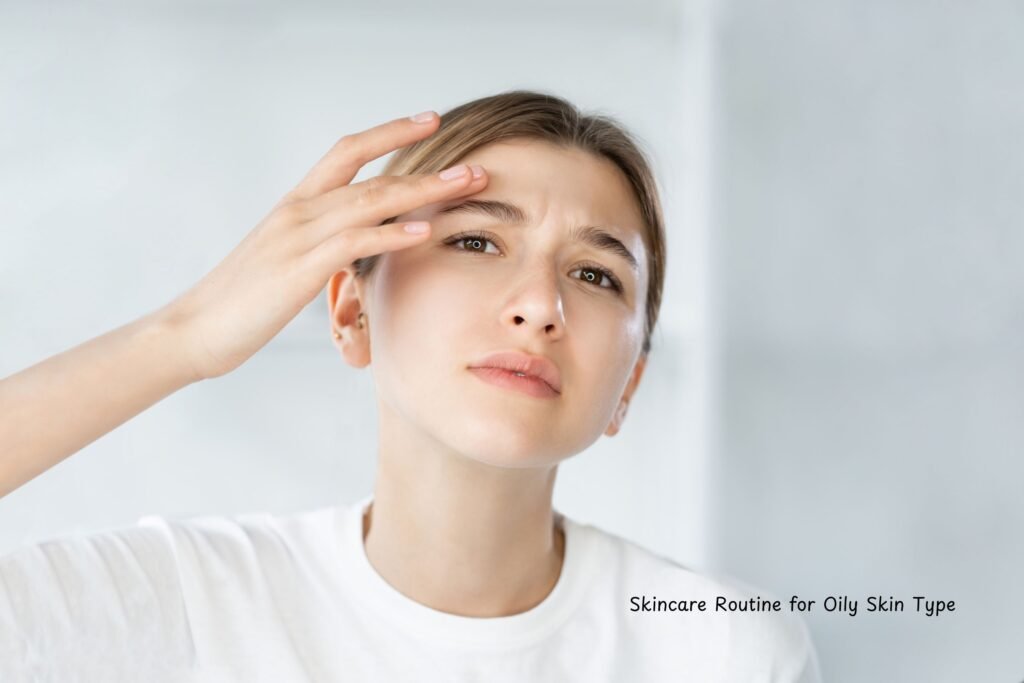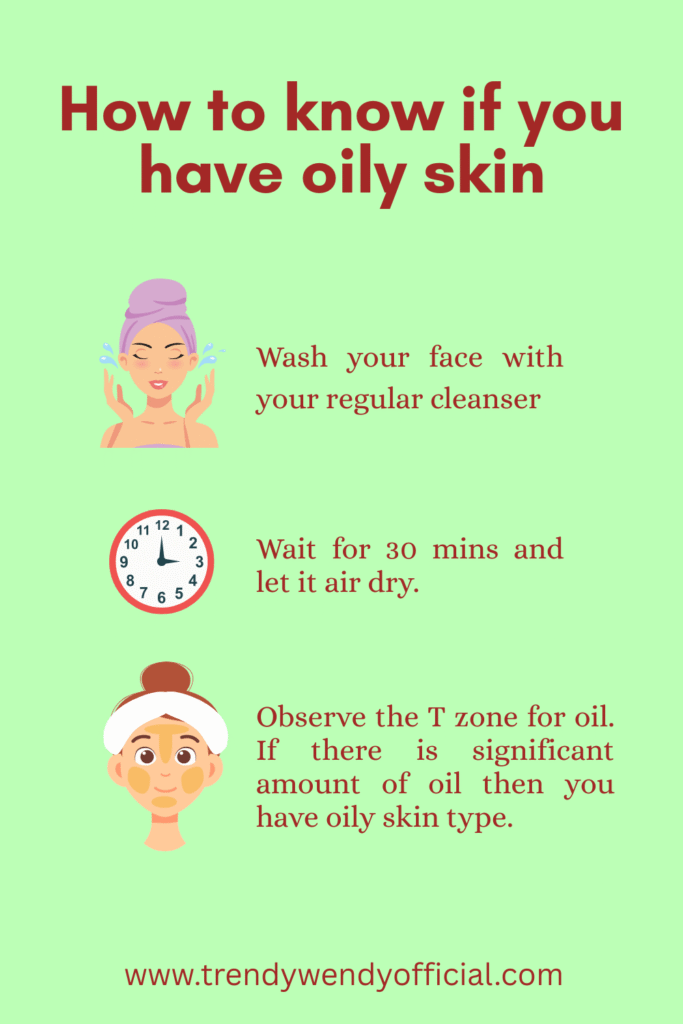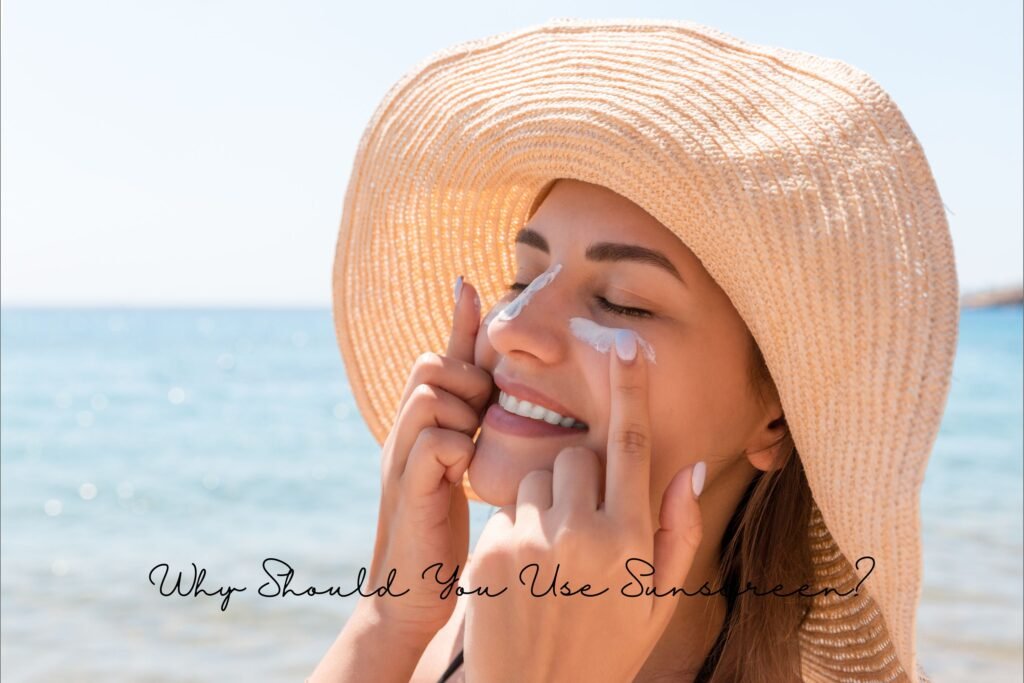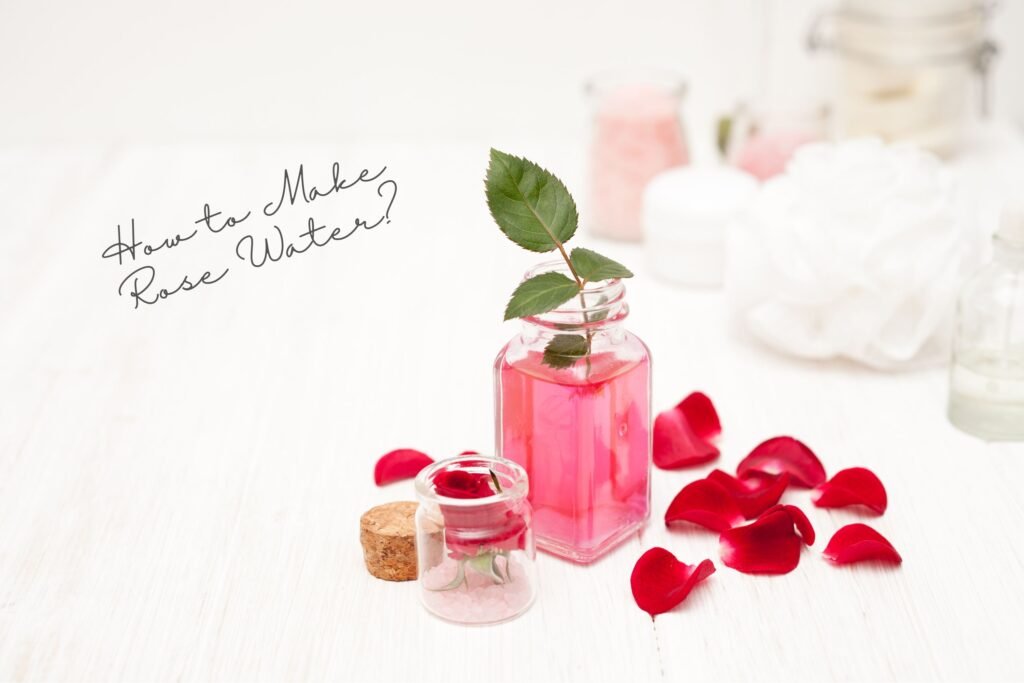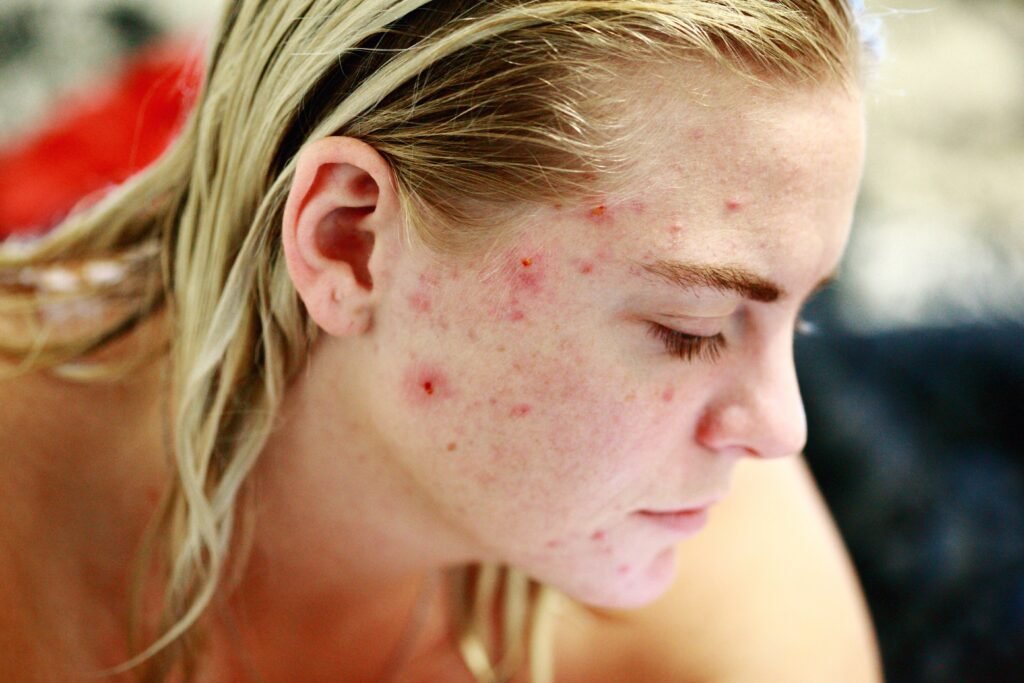Oily Skin and Causes of Oily Skin
Oily skin can be a bit of a challenge. From unwanted shine to frequent breakouts, it often feels like a never-ending battle. However, with the right skincare routine, you can manage oily skin effectively and even enjoy a balanced, glowing complexion.
Causes of oily skin
- Genetics
- Hormonal changes
- Stress
- Skincare routine
- Climate change
- Diet
Genetics: If your father or mother has oily skin type then there is a higher chances of you getting oily skin genes in you. As you cant change your genes for that you have to maintain a specific routine to keep it under control.
Hormonal Changes: Women are subjected to hormonal changes every month. This can result in oil production which may result in acne breakouts with blackheads and whiteheads. Also pregnancy, puberty and menopause can cause overproduction of oil.
Stress: Excessive level of cortisol may be the result of oil production.
Skincare Routine: Irregular skincare routine without appropriate products might harm your skin barrier making it more vulnerable to oil production.
Climate Change: With the extreme hot weather your skin’s moisture gets absorbed which causes oil production.
Diet: Too much fast food, having no regular diet, sugar and processed food results in oil production.
I have oily skin. It’s not unusual to see my skin drenched in oil, as if you could collect it from there. The area around my nose is mostly affected by oil. It is sticky and shiny. I often find myself soaked in oil on a midsummer day. It breaks my makeup and causes other issues.
Complications of oily skin type:
- Acne breakouts
- Blackheads
- Whiteheads
- Patchy makeup
- Difficulty finding suitable products
- Enlarged pores
But nowadays, it’s kind of stable. All of these problems are mostly solved as I follow a routine of several steps. Performing these steps regularly has helped me a lot.
Let me guide you through the routine. But first you have to learn if you have oily skin or not. You can watch this video for more idea where licensed doctors talk about oily skin type.
How to Know if I have Oily skin or Not
Basic test for checking if you have oily skin or not is to wash your face with a cleanser and wait for 30mons, if you observe oil specially on the T zone (forehead, nose and chin). You can use blotting paper to see if any oil stain is present or not. Also oily skin tends to have more whiteheads and blackheads with enlarged pores which may indicate that you have oily skin type.
Step By Step Skincare Routine for Oily Skin
Step: 01 Cleansing
Gel cleansers work best for my skin. They are gentle and fragrance-free. Since my skin gets oily frequently, I prefer a cleanser that removes excess oil without stripping away natural moisture. Dehydrated skin produces more oil, so you need to stay hydrated and use a mild cleanser.
Ingredients like salicylic acid work well for oily skin as a cleanser. Don’t be harsh when washing your face. I gently massage my face, covering the entire area for 2 minutes. This helps clean my face thoroughly.
At night, I double cleanse my skin. Since I wear sunscreen throughout the day, cleansing alone isn’t enough to remove all debris. First, I Anua Heartleaf Pore Control Cleansing Oil, and then I follow up with my face wash which is ANUA Heartleaf Quercetinol Pore Deep Cleansing Foam. Both of these product suits me as I have oily skin type.
Pro Tip
Makeup removal wipes are not as effective as oil cleansing. Always cleanse your skin with something that breaks down the oils in your makeup products.
Step: 02 Toner
I prefer natural toners for my skin because they are chemical-free and inexpensive. Natural rose water toner is my favorite. After cleansing, I pat dry my face with a cotton towel. I take a few drops on a cotton pad and apply it to my face. Toner helps clean extra debris from your skin’s surface.
Toners are essential for oily skin as they help balance the skin’s pH levels and tighten pores. Opt for an alcohol-free toner with ingredients like witch hazel or niacinamide, which can help control oil production and soothe your skin.
ANUA Milky Toner is lightweight and non-sticky that gives a glass skin finish. You will love this toner if you are looking somthing that will enhance your skin barrier.
Step: 03 Exfoliation
Exfoliation is a mandatory step for my skin. Since I tend to have build-up more often, exfoliating helps remove dirt and dead skin cells.
For oily skin, chemical exfoliants like alpha hydroxy acids (AHAs) and beta hydroxy acids (BHAs) are particularly effective. These ingredients penetrate deep into the pores to clear out excess oil and prevent blackheads and breakouts.
I exfoliate my skin twice a week, as over-exfoliation can lead to irritation. I take a generous amount of exfoliant on my hand and massage it gently into my skin. After that, I rinse my face with water.
Pro Tip
Never exfoliate if you’re going out during the day. Exfoliating can make your skin vulnerable to sunlight, resulting in sun damage. Try exfoliating at night. This will prevent sun exposure right after exfoliating and save your skin from several harms. Also, exfoliating at night helps the products you’re using to absorb better.
Step: 04 Serum
I tend to assess my skin condition and choose a serum accordingly. For example, if I have acne, I use a serum that helps reduce acne, like tea tree oil. Find out your skin concern and select your serum based on that.
Serums are concentrated formulas designed to target specific skin concerns. For oily skin, look for serums containing niacinamide, hyaluronic acid, or retinol.
Niacinamide helps regulate oil production and reduces the appearance of pores, while hyaluronic acid provides lightweight hydration without adding grease. Retinol is great for controlling acne and improving skin texture.
Apply 2-3 drops of serum to your hand and gently press it all over your face. Wait a couple of minutes to let it absorb. Serums can be used both in the morning and at night.
Step: 05 Moisturizer
You have to understand one thing: Just because your skin is oily doesn’t mean it doesn’t need hydration. When your skin feels dehydrated, it produces more oil to protect itself. That’s why you need a moisturizer that can lock in moisture and prevent your skin from becoming dehydrated.
It’s a common misconception that oily skin doesn’t need moisturizer. In fact, skipping this step can cause your skin to produce even more oil to compensate for the lack of hydration. Choose a lightweight, oil-free moisturizer that provides hydration without clogging your pores. Gel-based moisturizers are an excellent choice for oily skin types.
I use a ceramide-based moisturizer for the best moisture lock-in. I use a generous amount both day and night.
Step: 06 Sunscreen
I use a sunscreen with SPF 50++. Lightweight, fast-absorbing sunscreens are best for oily skin types.
Sunscreen is a must for all skin types, including oily skin. However, the wrong sunscreen can feel greasy and cause breakouts. Opt for a non-comedogenic, oil-free sunscreen with at least SPF 30.
You don’t need to apply sunscreen at night, but during the day, it’s essential. Use a generous amount daily and reapply it regularly.
Pro Tips
- After every two hours, you must reapply sunscreen to maintain its effectiveness throughout the day. You can use a stick sunscreen, which is very user-friendly.
- You should wait at least 15 minutes after applying sunscreen before going outside. It needs time to properly set on your skin.
- Double cleansing at night is a must after applying sunscreen all day. Otherwise, buildup and dirt will cause acne breakouts.
Step: 07 Masks
Incorporating a face mask into your routine can provide a deep cleanse and help manage excess oil. Clay masks are particularly beneficial for oily skin as they absorb excess sebum and impurities from the pores.
Use a clay mask once a week to keep your skin clear and reduce shine. Be sure to follow up with a moisturizer to prevent over-drying.
Additional Tips for Oily Skin
- Blotting Papers: Keep blotting papers handy during the day to absorb excess oil without disturbing your makeup.
- Avoid Over-Washing: While it’s important to cleanse your skin, over-washing can strip your skin of its natural oils, leading to more oil production.
- Healthy Diet: A diet rich in fruits, vegetables, and whole grains can help keep your skin clear. Avoid excess sugar and processed foods, which can trigger oil production.
Managing oily skin doesn’t have to be a constant struggle. By following a consistent skincare routine tailored to your skin type, you can keep excess oil in check, prevent breakouts, and enjoy a healthy, radiant complexion. Remember, the key is consistency and choosing products that work with your skin, not against it.
Tips to Improve Your Skin from the Inside (Oily Skin Type Edition)
Summer is here. So is the struggle to manage my oily skin. My makeup is falling with sweat, I am having breakouts, my skin feels like an oil reservoir, no glow on my face and so many other problems!
Well….. it is hard to maintain a skin type with oily condition. Because it is never when the weather is on our side. Too humid, too hot or just too gloomy. And to survive the weather you change products to products, yet it’s never enough.
What Should You Do?
Learn Your Basics
Your skin has oil glands under the surface. It produces a significant amount of oil to protect your skin from dust, bacteria and other matters. The phenomena of evaporating your skin’s moisture, produces more oil rather than other factors. Due to environmental effects your skin loses moisture and to overcome this situation your skin cells produce oil to lock in the moisture.
Tips to Improve Your Oily Skin
1. Moisturize and moisturize
Moisturizing is the key step to maintain your oil reservoir. You see, moisturizer is the only thing that helps to keep your skin’s own moisture to itself otherwise it evaporates to the environment. As a result your skin makes more oil and your makeup looks like it’s falling as rain!
To ensure that your skin is moisturized, use a comedogenic moisturizer at night and morning. Try to choose water based or gel based lightweight moisturizer without harmful chemicals.
Pro Tips
Moisturize even before doing makeup. This way moisturizer will act as a base and it wont let the makeup break that easily.
2. Do Not Avoid Sunscreen
Sunscreens should be your best friend. They help your skin from sun damage, sunburn and tan. If you want flawless, even tone skin then you have to have a good sunscreen.
Use lightweight sunscreen that absorbs fast and does not give any white cast. Make sure to re apply your sunscreen after every two hours.
Pro Tips
If you see oil while reapplying sunscreen then use a bloating paper or tissue paper to remove the oil and then reapply the sunscreen. Also if your sunscreen gives you white cast then use it 15 mins before going out. This way it will be absorbed onto your skin and you won’t look like a ghost.
3. Nature is Your Life Saver
Natural ingredients are the best thing that you can do to your skin. Honey is an extraordinary ingredient which can be used as a cleanser.
Oily skin types tend to be a bit more sensitive as oils can clog pores and produce acne, whiteheads and blackheads. So choosing natural ingredients cuts off the problems that come with chemicals.
Easy sugar, honey or oatmeal can be used as exfoliant to remove any blackheads, whiteheads or dirts from your oily skin.

